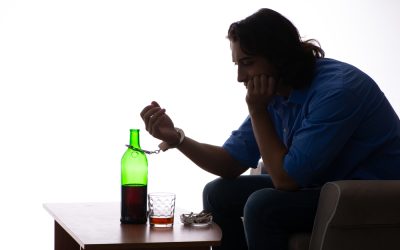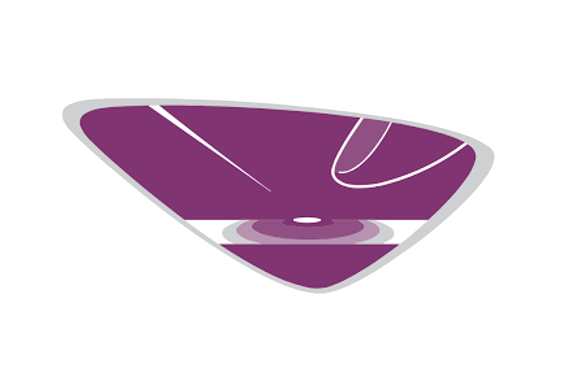How To Address Shame And Guilt During Addiction Recovery Lantana Recovery: Addiction Treatment Rehab Center
In DBT, clients learn to identify and challenge negative self-talk that contributes to feelings of shame and guilt. They also learn how to tolerate distressing emotions without resorting to harmful behaviors. The focus of therapy is on helping clients build a life worth living, rather than fixating on past mistakes or shortcomings. So, how does one who has lived a life in addiction combat the feelings of addiction? First and foremost, being able to accurately identify the emotions that you are dealing with will assist in recognizing what actions you will have to take to be able to address the issue.
But once you can free yourself from those feelings, you can get back on track to the good life that recovery brings. There are ways to unlock the struggle door, opening a way to remove shame and get back towards your freedom from addiction or substance abuse. Shame and substance abuse aren’t a good mix, though they commonly occur especially guilt and shame in recovery in early recovery. When someone feels shame, they may look for a way out to escape the feeling and go to something that masks the feelings to get away from the world for a while. Substance abuse is one way people achieve this, even if it’s for just a short time. Therapy plays a crucial role in addressing these negative emotions.
Drug & Substance Abuse FAQs
Understanding and finding ways to overcome them is crucial for a successful recovery. Forgiveness is a large component of the process too, both in terms of seeking forgiveness from the people you’ve hurt and forgiving yourself for the things you have done and said when you were using. It eats away at your self-worth and causes depression — and as you probably know already, feeling depressed and bad about yourself is a common trigger for using.
Guilt can drive a person to make amends for past mistakes and actions, and shame can encourage self-improvement. Our mission is to serve men recovering from substance use disorder and related co-occurring conditions. Shame and guilt are parts of addiction and recovery that are quite common but can be repaired with time and work.
What are the Roles of Guilt and Shame in Drug Addiction
Guilt can be useful in identifying harmful behavior patterns but becomes toxic when it prevents individuals from moving forward. People who battle with addiction or have family members who struggle have witnessed how much it hurts. It hurts the person who struggles, but it also hurts the people around them.

Shame and guilt can also cause a low sense of self-worth, triggering uncomfortable feelings that result in a relapse. If it is appropriate guilt, make an effort to change the behavior that causes you to feel the guilt. Once you stop doing those things or taking actions that cause you to feel remorseful or sorry, the feelings can go away or not have a chance to show themselves. It’s normal and appropriate https://ecosoberhouse.com/article/what-reasons-for-you-to-stay-sober/ to feel guilty when you have done something wrong. If you have hurt someone, done something that goes against your personal values, or have done something you promised you’d never do again, guilt is the appropriate response. ” It’s a fair question to ask, but it also makes it more likely that if you ask either of those questions, you’ve probably never struggled with alcohol or drug abuse.
Can You Learn to Forgive Yourself?
For example, maybe you feel guilty about saying unkind things to someone while you were intoxicated or making a promise to do something and then not following through. When we are able to develop the courage to admit when we are wrong and to work past our fears and resistance and apologize, we develop a deep sense of respect in ourselves. This self-respect can, in turn, affect our self-esteem, self-confidence, and overall outlook on life. When I apologize to you I show you that I respect you and care about your feelings. I let you know that I did not intend to hurt you and that it is my intention to treat you fairly in the future. If you apologize for abusing or neglecting a child, even though that person is now grown, you will not only validate his or her experience but help the person to stop blaming himself or herself for the abuse.

It is natural to experience guilt and shame about your addiction and the damage it caused to you and the people around you. However, you need to be aware of the fact that dwelling on these emotions is counterproductive to your treatment. Being plagued by shame and guilt would only result in more agony for you and your loved ones. To overcome that, you need to accept that no one chooses to be an addict and then do things one does in active addiction willingly. And the things which you were forced to do under the influence of that were symptoms of that disease. Shame, however, is the internalization of guilt and often results in considering oneself intrinsically bad for doing bad things.
It is worth it not to give up on working through your guilt and shame issues. Irrational thoughts and beliefs can fuel shame and inappropriate guilt. These untruths can perpetuate negative feelings we have about ourselves. Take a look at these statements, and check your own beliefs regarding them.
- The same action or experience can give rise to both these feelings, but there are key differences.
- When it comes to addiction recovery, the road can be long and challenging.
- First-time parenthood, in particular, is stressful and almost always triggers memories of our own childhood traumas.
Self-compassion involves treating oneself with understanding and care, just as one would treat a close friend who is suffering. It acknowledges that everyone makes mistakes and experiences difficulties in life. Self-care encompasses activities that people engage in to take care of their physical, emotional, and mental health wellbeing.

